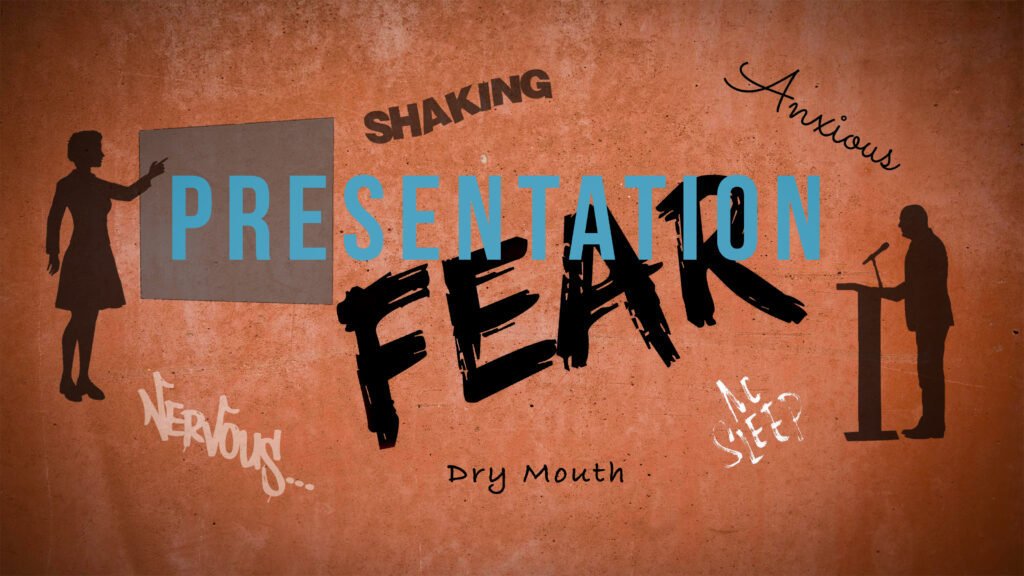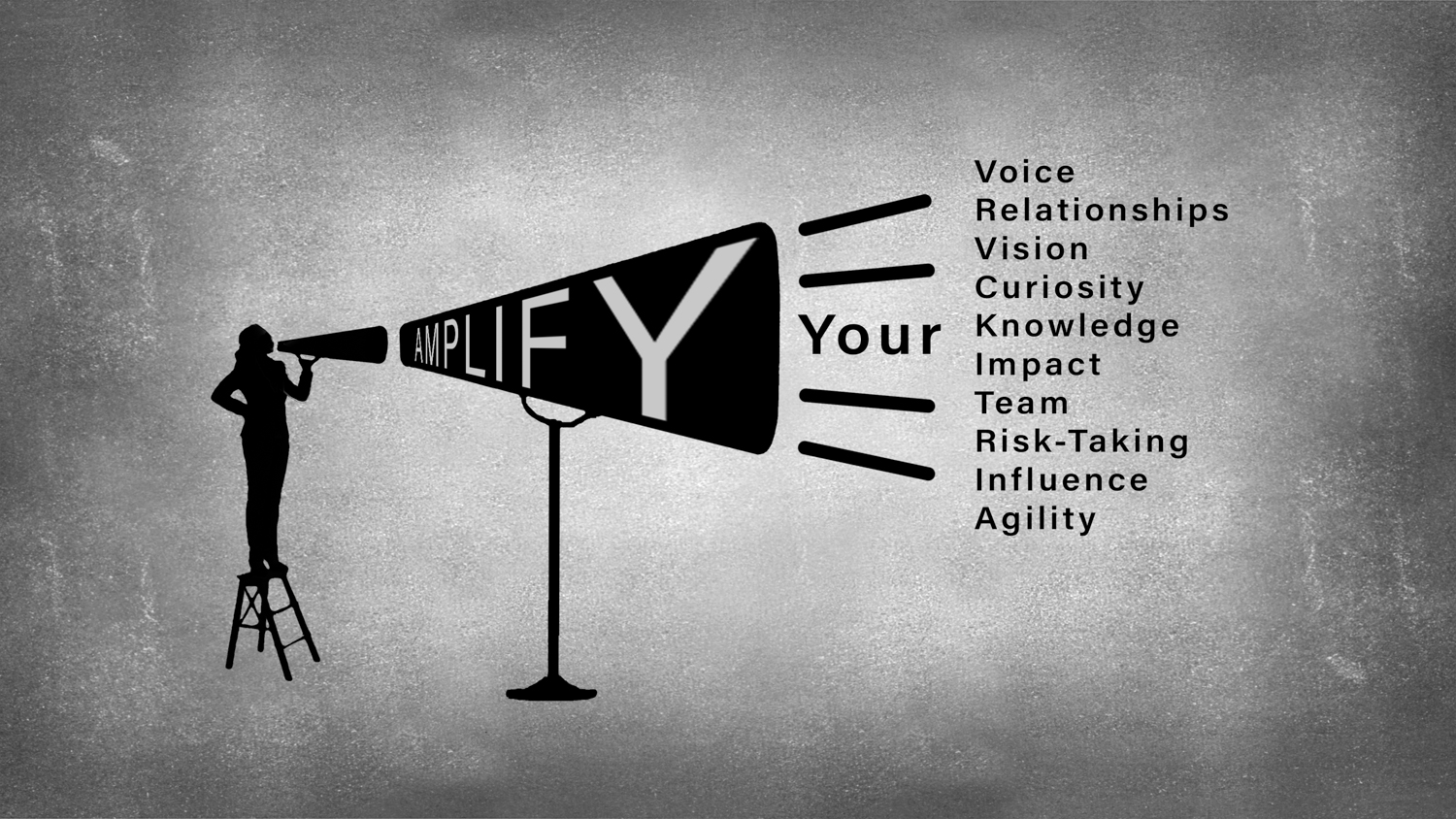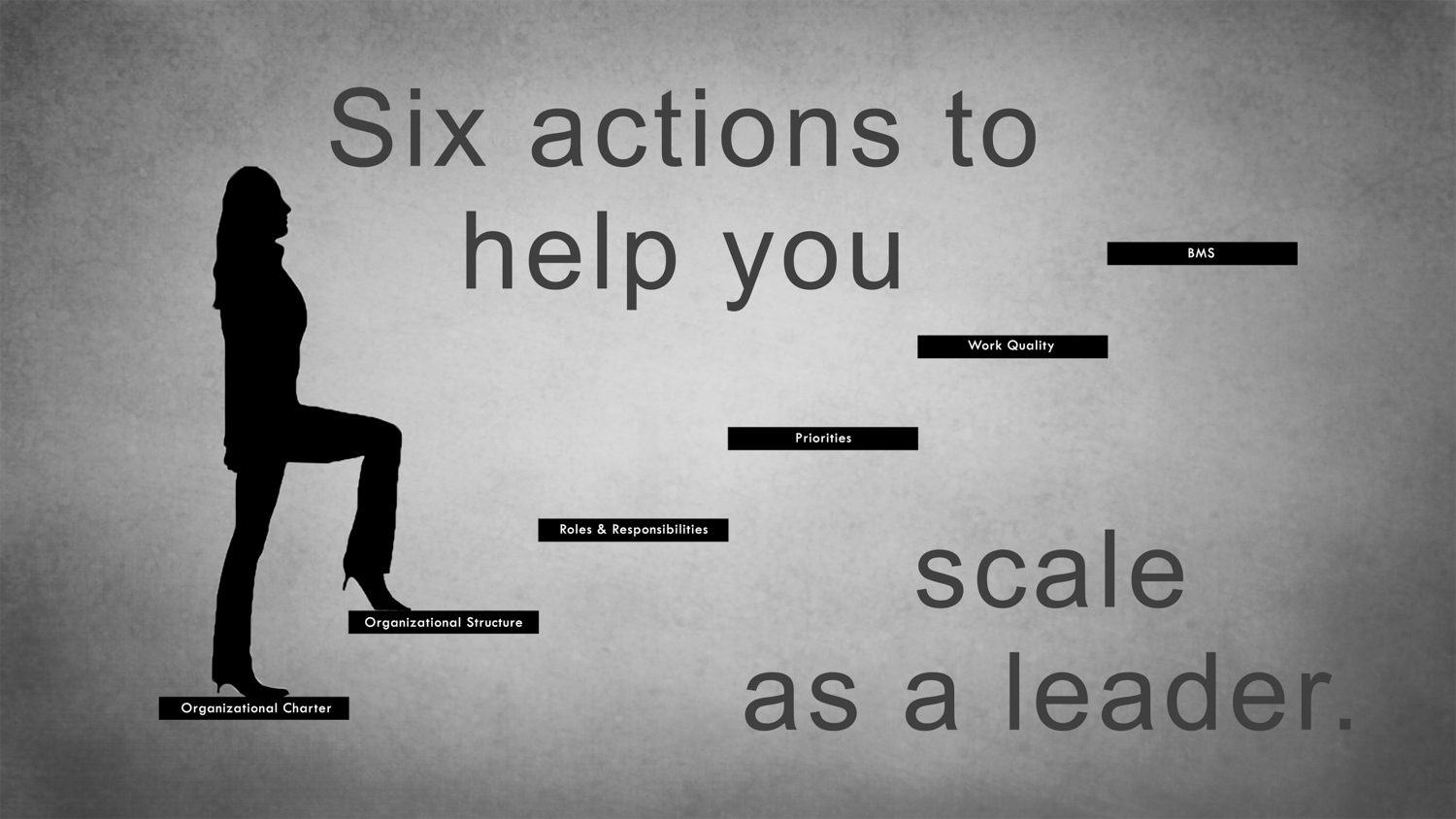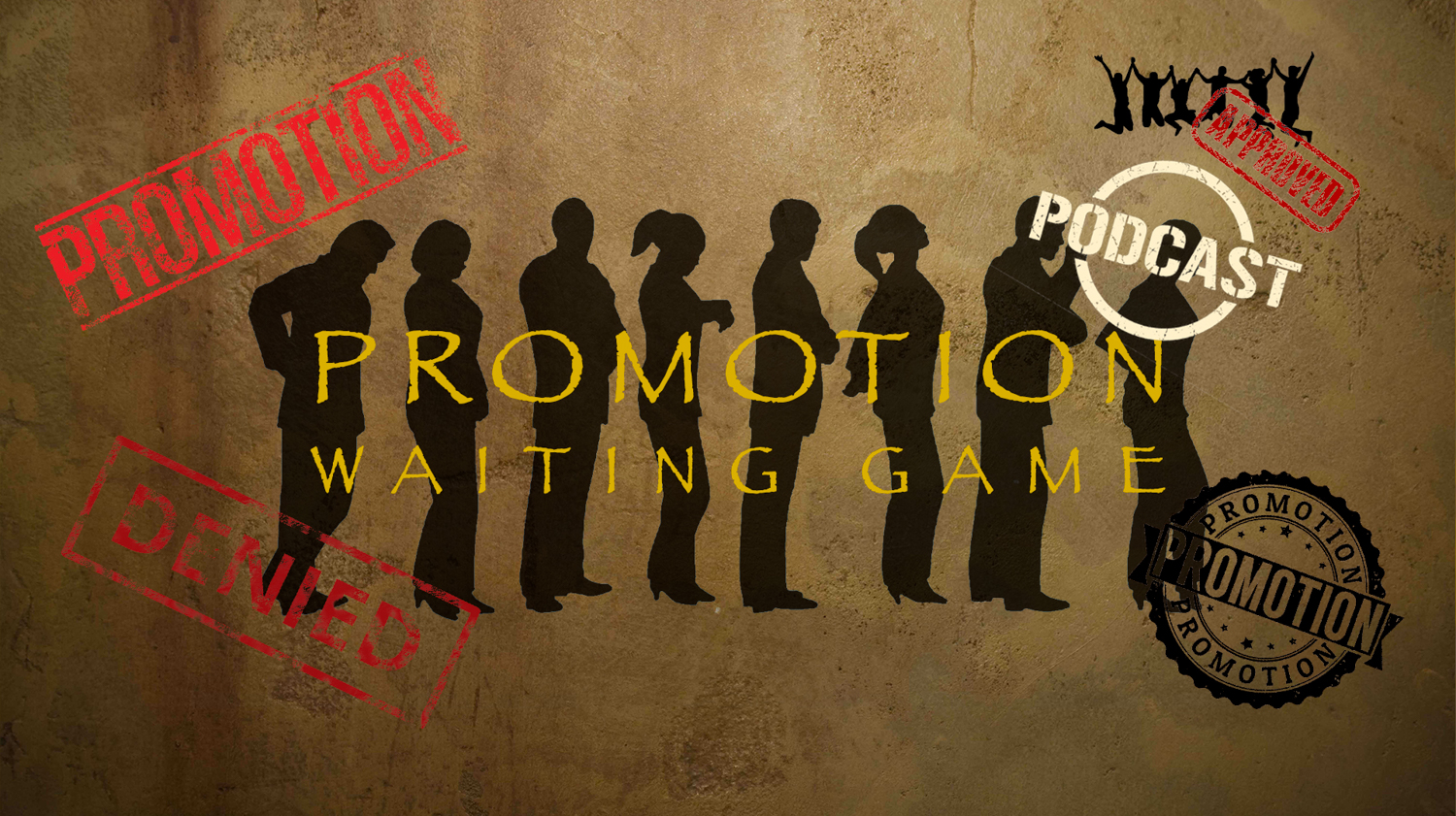I know very few people that get excited about presenting. In a recent Prezi survey, 20% of respondents said they would do anything to avoid giving a presentation, including pretending to be sick. Presenting in front of an audience, especially superiors, is one of the most important things we do in our careers. Presentation fear is real. Fortunately, there are ways to deal with it.

Presentation Skills are Important
More than ever, presentation skills are essential to a successful career. It seems we live in a PowerPoint society and presenting multiple times a week is part of today’s work reality. Developing Effective Presentations is one thing, delivering them when you are terrified of doing so is another. In the same Prezi survey cited above, 70% of employed Americans who give presentations agree that presentation skills are critical to their professional success. The survey also points out that people are welcoming help. Over 75% of the people who give presentations would like to be better presenters. This is why presentation skills is one of the primary developmental areas I face when coaching clients.
What Makes us Nervous?
According to the Mayo Clinic, fear of public speaking, also known as performance anxiety or stage fright, is a common form of anxiety that can range from slight nervousness to paralyzing fear and panic. A Gallup poll a few years ago found that about 40 percent of adults in the US suffer from some degree of stage fright. About seven percent of people suffer from a debilitating condition called Social Anxiety Disorder.
What makes us so nervous presenting in front of other people? After all, they are just people like us. The popular medical site WebMD puts it very simply that “stress and anxiety about performing in front of people causes performance anxiety.”
Seven Actions to Increase Your Presentation Confidence
Controlling our nerves by dealing with our stress and anxiety will result in a positive impact to our brand and our image in the workplace. The following are some tips that I have used to reduce my fear of presenting.
- Maintain a healthy lifestyle. Exercise and get a good night’s sleep the day before your pitch. This can reduce nervousness, increase energy levels and build a positive mindset. Watch your diet, especially sugar and caffeine the day of your presentation. Eat a sensible meal a few hours before you present.
- Stay positive. Focus on the task versus focusing on thinking about the event and everything that can go wrong. Think positive thoughts and visualize what you would like the experience to be. Keep in mind that it’s OK to make mistakes. Nobody is perfect and nobody expects you to be perfect. Set your expectations accordingly.
- Know your material well. There is no replacement for knowing your material well. This helps boost confidence and reduces the need to look back at your slides. Determine the story you want to convey overall and for each slide. Be ready for all types of questions, especially one that has an “I don’t know answer”.
- Practice, practice, practice. But do it the right way. Most people practice by staring at their slides. My advice is not to do that. Cover up the screen on your laptop with a piece of paper so the outline of the slide is visible but the words are not. This forces you to know the content and the words you want to use.
- Use pauses to your advantage. Speaking in short, clear, soundbite sentences with significant pauses in between helps make your message clearer, gives you time to think between sentences and makes your presentation sound more professional. This also helps reduce filler words.
- Smile and connect with your audience. Many people present formally. It is much better to talk to the audience as if they were a friend. This helps you become more relaxed. Be yourself. Try to meet and shake hands with your audience before the presentation. Use humor to create a relaxed environment.
- Get feedback afterwards. Have a friend in the audience that you can present to and that can provide feedback. A coach is a great resource to provide objective and constructive feedback.
Presentation fear is real but there are ways to reduce the fear and increase your effectiveness. Everyone is different. Find the actions that work for you and create a routine that maximizes your positive energy and delivers the best performance.
I hope this article was helpful. Drop me a note in the comment section below or through the Contact Me page if you have any questions.
Thanks,

© T. Kahler Coaching, LLC, All Rights Reserved.


